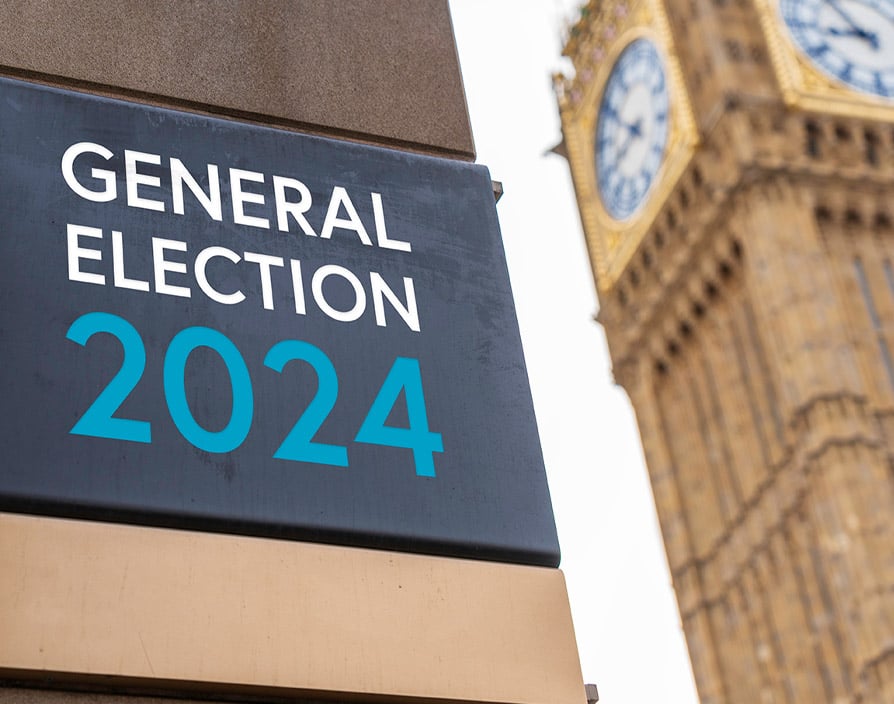With the starting gun fired on a General Election in the UK, my eyes have been on what the major parties are offering to SMEs.
Elite Business have already run this excellent analysis, (Click here to view) on how the general election will impact SMEs highlighting the promises made by each side.
Labour’s big ideas include introducing full employment rights from day one of employment, removing the qualifying periods for rights such as unfair dismissal, sick pay, and parental leave, as well as making flexible working a default right. If you have employees, particularly a large number of seasonal workers, this will be significant.
The Conservatives’ flagship policy of reintroducing national service has already raised questions about how it will work, particularly how it will affect young employees and entrepreneurs. More likely to be introduced, should the Tories return to power, are reform of the sickness and injury benefits and reintroduction of employment tribunal fees. In the last few years, the Conservatives have had a large number of budgets, mini-budgets and budget statements, none of which have been particularly exciting for SMEs. From here, it looks as though when it comes to SMEs, the Tory party has run out of ideas and will instead be pushing on with a “business as usual” agenda.
Looking to the other side of the election, there is one thing that I think will be crucial to the future of SMEs in the UK, even though it’s unlikely to be front and centre of either party’s campaign and may not in itself be a deciding factor in how many of us vote.
Whoever wins, technology is going to be key
With the EU about to unveil its own heavy-handed regulations on AI, the UK’s more enlightened approach is arguably one of the few Brexit benefits. Business founders believe that the Conservative government has largely got it right when it comes to tech regulation.
For example, at Swoop we have always based our offer on Open Banking, which enables us to share data with lenders to get customers a better deal. As Swoop has grown, we have found other territories do not offer the same approach.
Labour have promised that if they come to power, they will set up a pro-innovation Regulatory Innovation Office which is intended to speed up regulatory decisions. This is essential given the speed at which technology is evolving. SMEs may also benefit from a 10-year research and development budget aimed at encouraging longer-term tech investment, plus sizable investments in renewable energy. At Swoop, R&D tax credits have played a large role in our own story and are something we encourage all businesses to check whether they qualify for. Any scheme which simplifies the existing rules or makes R&D even more attractive for businesses is something we would welcome.
With pundits predicting a Labour victory, I think it’s likely that there will be good and bad news for SMEs when Sir Keir Starmer takes over. Where on balance you land depends on the nature of your business. I’d like to see a bigger emphasis from both parties on what the proposed governments can do for SMEs before I break out the champagne.
Share via:








































